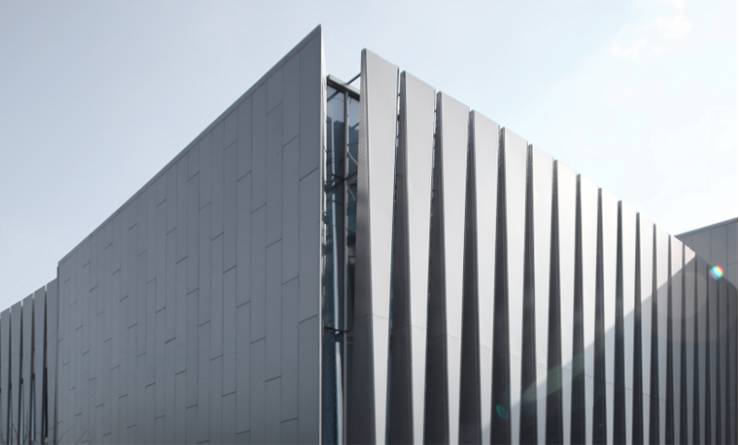Aluminum plate is increasingly used in the construction industry due to its unique properties, such as high strength, lightweight, and corrosion resistance. Here we discuss the role of aluminum plate in the construction industry, its applications, and advantages.

Applications:
Roofing and siding: Widely used for roofing and siding applications due to its excellent corrosion resistance and durability.
Structural components: Aluminum plate can be used for structural components such as beams and columns due to its high strength-to-weight ratio.
Facades: Used for facade cladding due to its aesthetic appeal and design flexibility.
Bridges: Used for bridge construction due to its lightweight and corrosion resistance.
Advantages:
Lightweight: Much lighter than steel, which makes it easier to transport and install on construction sites.
High strength: Aluminum plate provides excellent strength and durability, even at reduced weight.
Corrosion resistance: Exhibits excellent resistance to corrosion, which helps to prolong the lifespan of construction components.
Design flexibility: Aluminum plate can be easily formed into various shapes and sizes, providing greater design flexibility for architects and engineers.
Low maintenance: Requires little maintenance, which helps to reduce the overall cost of construction.
In conclusion, the use of aluminum plate in the construction industry provides many advantages, including reduced weight, increased strength, and improved corrosion resistance. Its applications in roofing and siding, structural components, facades, and bridges demonstrate its versatility and usefulness in construction. As a result, aluminum plate is becoming an increasingly popular choice for architects and engineers in the construction industry.
